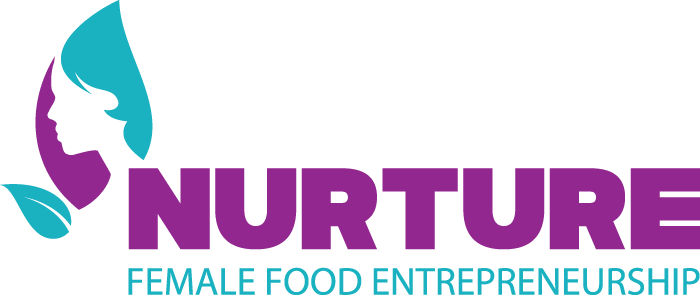Food Business Start Up

The WEgate platform is a tool for promoting women’s entrepreneurship WEgate is a new platform set up at the initiative of the European Commission to promote female entrepreneurship across Europe. This unique platform in Europe opens up opportunities for women to get all the information in one place, learn how to start a business, how to develop it and look for investors, partners, mentors and more. With the help of this instrument, it will be much easier for women to get the necessary information, find partners and new sources of funding, therefore Ministry of Economy and Innovation of the Republic of Lithuania invite Lithuanian women to join. The platform already contains a lot of useful information on how to start a business, legal regulations, tax environments and so on. The information is broken down by category and can also be sorted by Member State. It also provides inspiring examples of good practice, success stories and training material.

Food Safety Authority of Ireland (FSAI)
The FSAI is state agency that takes the steps to ensure that food consumed, produced, distributed or marketed in the Ireland meets the highest standards of food safety and hygiene. They are a fantastic resource for Start-Up and existing food enterprises as they provide information relating to HACCP, codes of good practice, food legislation and training.
www.fsai.ie
Advice line: 1890 33 66 77
FSAI Food Legislation
www.fsai.ie/legislation.html
FSAI Starting a Food Business
www.fsai.ie/food_busine…
FSAI Food Safety Training
www.fsai.ie/food_businesses…
FSAI HACCP
www.fsai.ie/food_businesses/haccp/haccp.html
You are responsible for ensuring the food you produce is safe.
https://www.fsai.ie/food_businesses/..
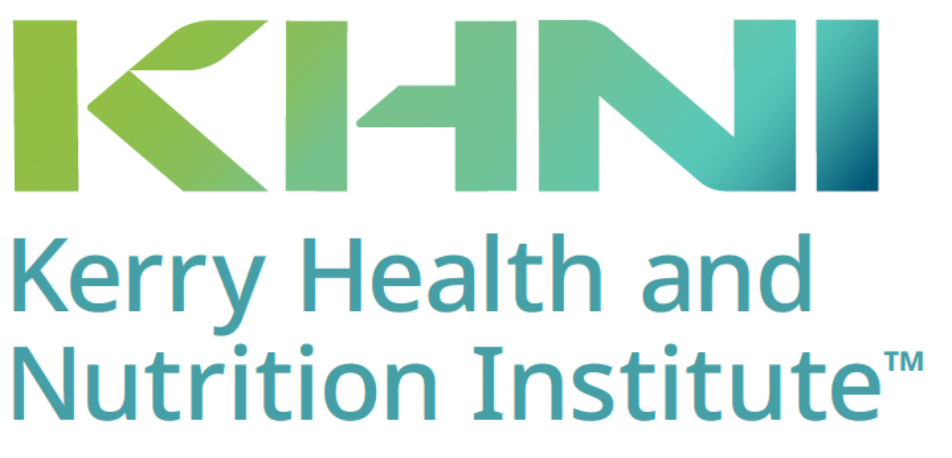
KHNI translate the latest developments in nutrition science, food trends and policy into actionable insights for the food and beverage industry. Our contributors are experts from diverse fields, including PhD scientists, dietitians, regulatory specialists, and marketing professionals. Whom collectively strive to provide trusted, science-based approaches to understanding nutrition, taste and general wellness to consumers and industry.

Bespoke toolkits as part of our business supports for Taste the Island of Ireland. Here you will find step-by-step guidance on how your business can be part of the comprehensive Taste the Island campaign. ‘Taste the island – a celebration of Ireland’s food and drink’. It is designed to provide visitors with access to authentic food and drink, high quality local ingredients and world class Irish food and drink experiences. Both the industry and brand toolkits are full of practical and easy ways for your business to be part of Taste the Island and benefit from the tailored resources available for this initiative.
https://www.failteireland.ie/…
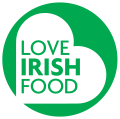
Love Irish Food aims to help shoppers make informed choices about buying Irish manufactured food and drinks. To safeguard the future of food and drink manufacturing in Ireland. Behind every Irish product on the shelves is a real home-grown story about people working from farm to factory to supermarket floor to bring you your great quality Irish product. And it’s those people that we want you to think about and hopefully, together, we can make a real difference to their livelihoods. If you are a FFE this is you we are talking about.
Love Irish brand logo confirms a food/ drink product is made in the Republic of Ireland using Local ingredients where they are available. Become a member now.
https://www.loveirishfood.ie/

Provide FFEs with information on the supports available to small food, drink and horticulture businesses in Ireland.
Here are also free online training to food producers and information on trade events in Ireland to showcase and attend.
https://www.bordbia.ie/…/upcoming-events/
https://www.bordbia.ie/…/trade-fairs/
https://khni.kerry.com
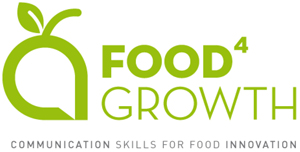
Food 4 Growth introduces a range of innovative training models relevant to the food sector that can be easily implemented by Vocational Education and Training (VET) organisation across Europe.
http://www.food4growth.eu
Network Ireland is a progressive, dynamic organisation supporting the professional and personal development of women. Membership is made up of a very diverse group of women, from budding entrepreneurs, SME owners, professionals and leaders in indigenous and multinational organisations to non-profits, charities, arts and the public sector. They have a strong voice and are interested in promoting diversity and equality, entrepreneurship and leadership development; collaborating with like-minded people and organisations with branches nationwide.
https://networkireland.ie/

Issued by Enterprise Ireland and are worth €5000. They can be used to get technical support for your food business to help with lab testing’s, product challenges etc. You must be registered as a Ltd company to qualify. Note: you will be liable for VAT on the services provided.
https://www.enterprise-ireland.com/

Coworking spaces are a great option for startups and self-employed professionals who can’t afford to maintain an office. Coworking spaces suit startups and freelancers due to the pay-as-you-use business model. Here us a list of Coworking spaces, location and prices avaiable in Ireland.
https://www.thinkbusiness.ie/…

Enhancing Sales Capacity for Agri-food Products in Europe
The ESCAPE project developed a training programme for food technology aimed at those interested in working in the business development area of the Food and Drink sector. The training course was developed based on the industry needs i.e. international salespeople with skills in food technology.
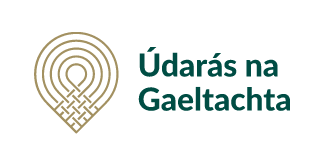
Údarás na Gaeltachta is the regional authority responsible for the economic, social and cultural development of the Gaeltacht. Údarás encourages investment in the Gaeltacht through a range of generous financial and non-financial incentives for new and existing enterprises in the Gaeltacht. The organisation supports businesses in developing new markets, technologies, products and strategic alliances through research and development. Gaeltacht companies span a range of commercial sectors, including life sciences, ICT, tourism, fish processing and aquaculture, renewable energy, food, niche manufacturing, audio visual and digital media, arts and crafts.
https://www.udaras.ie/en/

Membership organisation providing full-service restaurants, coffees shops, hotel restaurants, gastropubs, golf clubs and cookery schools in Ireland. Providing members with legislation, a network, training, qualified staff, up to date resources and information relevant to their sector and the challenges that come to fruition.
https://www.rai.ie/
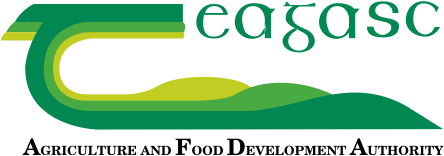
Teagasc is the agriculture and food development authority in Ireland. Its mission is to support science-based innovation in the agri-food sector and the broader bioeconomy that will underpin profitability, competitiveness and sustainability
Teagasc Food Research Centres – https://www.teagasc.ie/…/research-centres/
https://www.teagasc.ie/
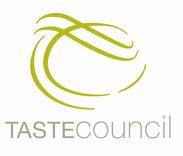
The Taste Council is a voluntary representative group of the smaller food business sector made up largely of local, artisan and speciality food producer Guide for SME’s – Taste-Council-Guide-for-Small-Food-Businesses.pdf
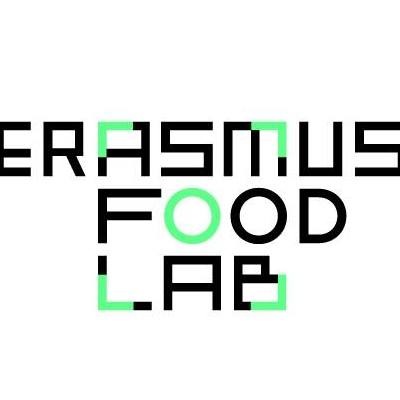
Erasmus Food Lab is organization aiming to promote and raise awareness about sustainable and healthy food. It is an experimental playground for research, teaching and marketing related to plant-based foods.
https://www.erasmusfoodlab.nl/
This online guide highlights all Government supports for start-ups and small businesses.
www.supportingsmes.ie

Alliance for Skills and Knowledge to Widen Food Sector-related Open Innovation, Optimization and Development
This project aims to develop cross-industry knowledge platforms to support innovative multi-actor food clusters across Europe

Short food supply chains have the potential to connect producers and consumers and increase added value for farmers in the food chain. Improving collaboration between farmers, farm cooperatives, food processors, consumers and others involved in short food supply chains can boost this potential and enhance mutual benefits. It can enable the people involved to develop new products and processes to add value and to improve the range of products available to consumers. It can also help to make logistics and distribution more efficient, and it can strengthen food chains and open up new markets. This brochure highlights a number of Operational Groups and other innovative projects that illustrate successful ways of bringing innovation and collaboration to short food chains, for more impact.
https://ec.europa.eu/…
Since December 2016, EU food entrepreneurs/ producers are obliged to provide an updated list of nutrition information to the consumers. Find out all the mandatory information on food packaging in this infographics

Information on legislation regarding unfair trading practices in the food supply chain.
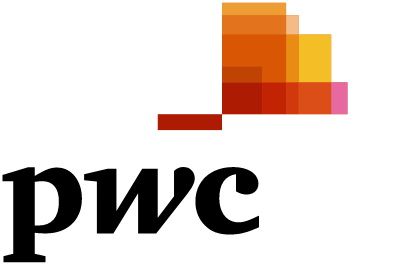
A concise discussion of the impact of Brexit on the agri-food industry by PricewaterhouseCoopers

Joint initiative representing 12 industry associations across the agri-food chain.

The EIP-AGRI workshop ‘Innovation in the supply chain: creating value together’ took place on the 6th – 7th of February, 2018 in Lyon, France. It was organised in cooperation with the French National Rural Network, led by the French Ministry of Agriculture and Food, General Commission for Territorial Equality.

Improving Market outcomes: Enhancing the Position of Farmers in the Supply Chain (Report of the Agricultural Markets Task Force, Brussels, November 2016).
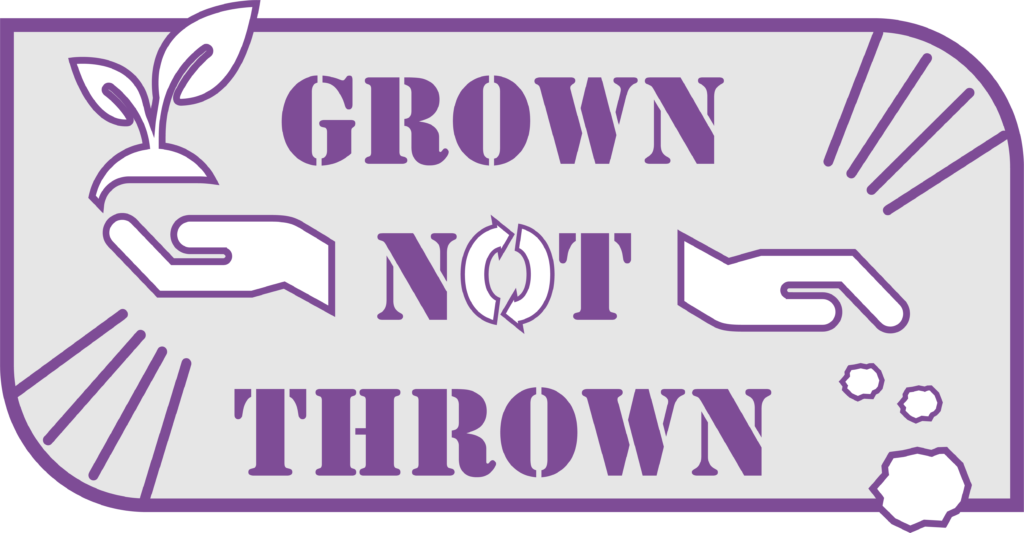
The farmers organisation Copa-Cogeca has launched an online platform, “Grown No Thrown”, on which farmers, associations and Agri-cooperatives can share good practices to avoid food waste. Together with a publication containing six ways to avoid the issue in the future, an interactive map allows users to share their own success story with others. A good opportunity to get some inspiration and exchange tips and tricks with other entrepreneurs!

The current EU rural development policy 2014-2020 puts more emphasis than before on short food supply chains and defines them precisely for the first time. Producers wishing to involve themselves in local food systems can benefit from several measures co-financed by the European Agricultural Fund for rural development.
